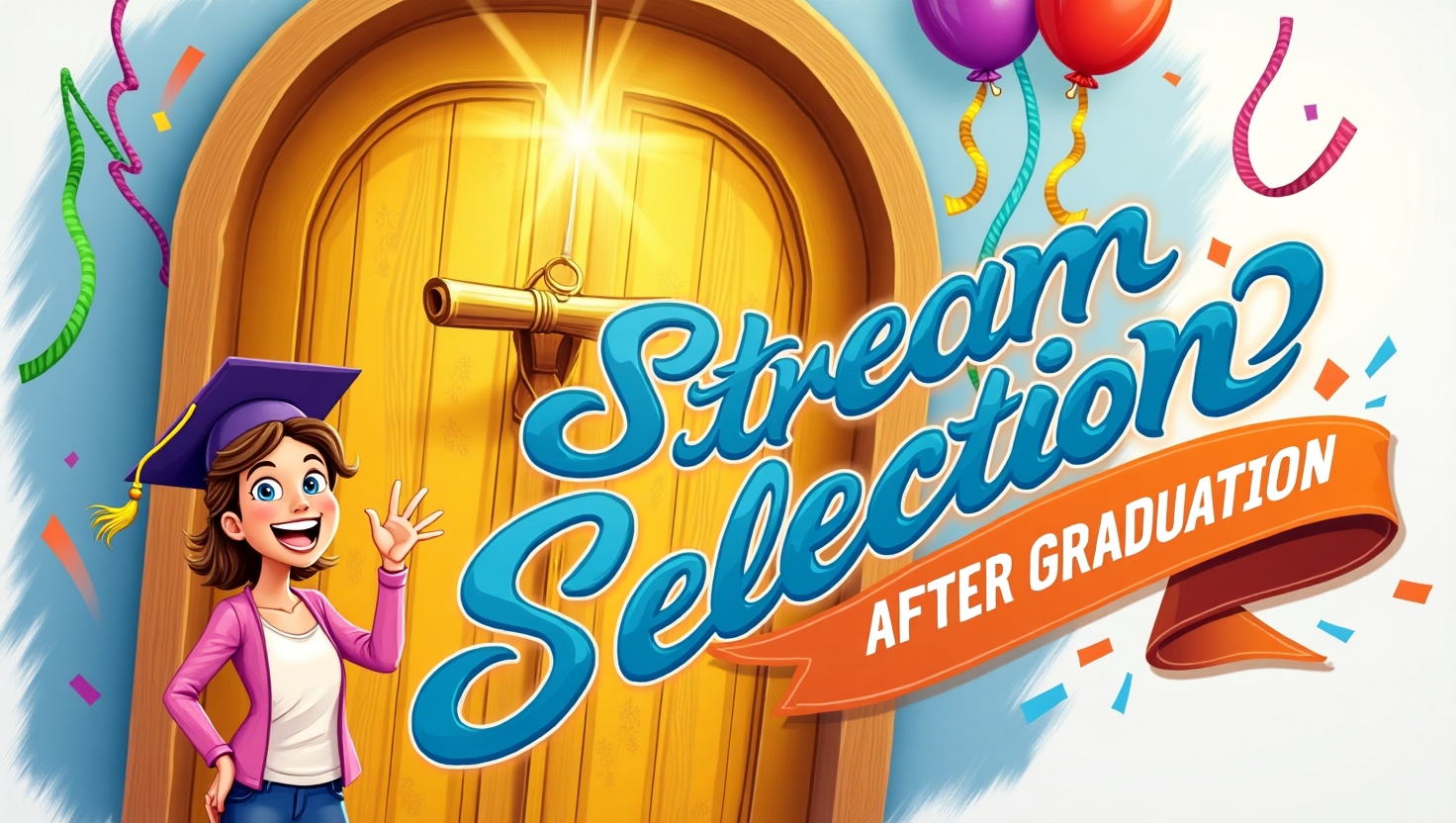Graduating from college is a big milestone, but for many students, it also brings a huge question — what next? With so many career choices available today, it’s easy to feel overwhelmed. Some students follow traditional routes like government jobs or corporate roles, while others are exploring newer areas such as data analytics, digital marketing, and even entrepreneurship. The truth is, there is no one-size-fits-all answer. What matters is finding a path that matches your interests, strengths, and long-term goals.
I’m writing about this topic because I’ve had many conversations with recent graduates who feel unsure about what to do after college. The pressure to figure things out quickly can feel intense, especially when you see peers landing jobs or going abroad. But the reality is that career choices today are more flexible than ever, and knowing your options can make a huge difference. This article lists ten strong career paths students can consider after graduation. Some are well-established, others are relatively new — but all have the potential to offer growth, stability, and satisfaction if chosen thoughtfully.
1. Government Jobs
For many students, especially in India, government jobs remain a top choice. Whether it’s UPSC civil services, SSC, railways, banking, or state-level exams, these roles offer job security, social respect, and a stable work-life balance. However, the competition is tough, and preparation requires consistent effort over months or even years. Coaching centres and online platforms can help in structuring your study plan.
2. Higher Studies (India or Abroad)
Some students choose to pursue postgraduate education to specialise in a particular field. This could mean an MBA, MTech, MA, MSc or even a diploma in a niche area. Many also consider studying abroad for better exposure and job prospects. It’s important to choose higher studies only if you have a clear interest or career goal that needs advanced learning.
3. Private Sector Jobs
Campus placements remain a common route for many graduates. Depending on your degree, you can apply for roles in finance, sales, IT, operations, HR, and more. Companies usually look for communication skills, adaptability, and some technical knowledge. If you’ve done internships or college projects, make sure to highlight them in your resume and interviews.
4. Startups and Entrepreneurship
Not everyone wants to work under someone. If you have a unique idea or a solution to a real-world problem, you can consider launching a startup. India’s startup ecosystem is growing rapidly, with support from incubators, mentorship programmes, and funding options. While the risks are high, so is the satisfaction of building something from scratch.
5. Digital Marketing
This is one of the fastest-growing fields right now. Companies across all sectors need digital marketers to manage their online presence, social media, SEO, ads, and content. The best part is that students from any stream can enter this field by doing a short-term course. Freelancing and remote work options are also widely available.
6. Data Analytics and Tech Roles
With the world becoming more data-driven, careers in data analysis, AI, machine learning and coding are in high demand. Students with a science, maths or engineering background can easily upskill through online platforms like Coursera or Udemy. Even commerce and arts students can enter this field with the right training.
7. Teaching and Academia
If you enjoy sharing knowledge and working with students, teaching might be the right path for you. You can prepare for exams like NET to become a lecturer or join a school as a teacher. There are also options in edtech companies as subject experts, content creators or course designers.
8. Creative Careers
Those who are artistically inclined can explore fields like graphic design, video editing, photography, writing, filmmaking, or even music production. The internet has made it easier to showcase your work and build an audience. Many content creators and freelancers are earning a decent income through platforms like Instagram, YouTube, and Behance.
9. Freelancing and Remote Work
The rise of gig economy platforms means students can now work independently in areas like writing, designing, coding, translating, and tutoring. Websites like Upwork, Fiverr, and Internshala offer plenty of short-term gigs. While it takes time to build a reputation, freelancing gives you freedom and a chance to work with global clients.
10. Competitive Exams for Professional Courses
If you’re looking at a specific career track like law (CLAT), chartered accountancy (CA), company secretary (CS), or fashion design (NIFT), there are exams and training processes you’ll need to go through. These courses often have a clear structure and offer long-term career value once completed.
Final Thoughts
Choosing a career after college doesn’t have to be a rushed or stressful decision. It’s okay if your first job or course isn’t your final destination. What matters is learning from each step and staying open to new opportunities. Try internships, take online courses, speak to mentors, and most importantly, trust your own journey. Careers today are not just about earning money — they’re about finding a space where you can grow and contribute meaningfully. Whether you choose a job, higher studies, or build something of your own, make sure it’s something that excites you to wake up every day.



















